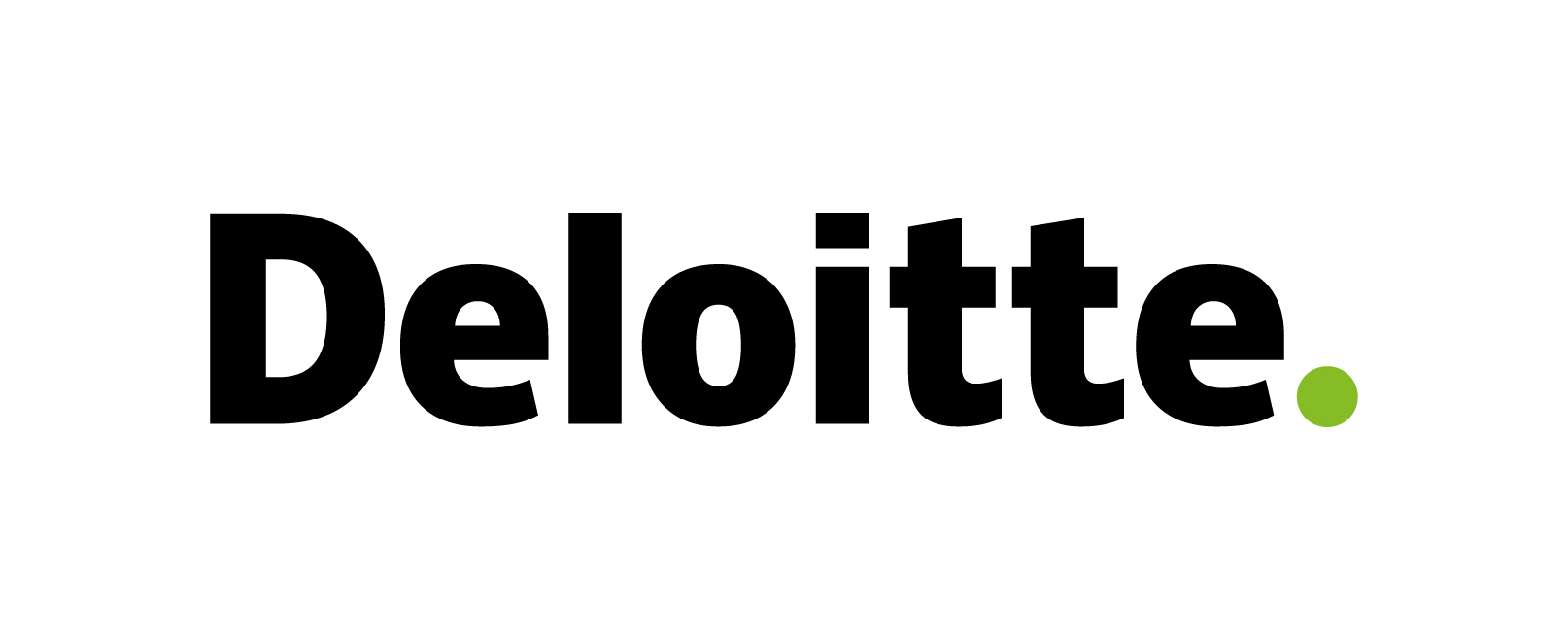Bersin by Deloitte: Diversity and Inclusion Top the List of Talent Practices Linked to Stronger Financial Outcomes
New research shows fully 70 percent of organizations surveyed are missing out on benefits associated with leading talent activities
OAKLAND, Calif., Nov. 17, 2015 /3BL Media/ — Organizations that align diversity and inclusion practices to business objectives are more likely to perform well on financial outcomes, according to new research from Bersin by Deloitte. Summarized in a WhatWorks® brief, the research findings appear in “High-Impact Talent Management: The New Talent Management Maturity Model,” and a companion report, “High-Impact Talent Management: Maturity Model Benchmarks.”
Based on a survey of 454 global organizations that generated more than $750 million in revenue in 2013, the research findings show that large organizations with mature talent strategies had 2.3 times higher cash flow per employee over a three-year period. Mature smaller organizations had 13 times higher mean cash flow from operations when contrasted with less mature peer organizations. Despite the financial benefits, the research found the majority of organizations surveyed are missing out on benefits associated with mature talent activities.
“Our study found that fully 70 percent of respondent organizations are at the lowest levels – Levels 1 and 2 – of talent management maturity,” said Stacia Sherman Garr, vice president, talent and HR research, Bersin by Deloitte, Deloitte Consulting LLP. “By contrast, Level 3 organizations, which account for 19 percent of respondent organizations, have a relatively clear, data-based talent strategy. Those organizations at Level 4 – considered the most advanced or mature organizations and account for just 10 percent of all organizations – have targeted, integrated and inclusive talent activities that heavily reinforce the importance of leader growth and a widespread learning culture. But what really differentiates them is their approach to diversity and inclusion.”
In addition to indicating to employees that their diversity is welcomed, these mature organizations align their diversity and inclusion strategy to organizational objectives. They also integrate diversity and inclusion with learning, performance management and succession management.
“These high-level and broad-based strategies help to reinforce the importance of bringing in people of diverse backgrounds and behaving in inclusive ways,” said Garr. “Organizations that built these high-impact D&I strategies and practices strive to create a ‘conversation’ or relationship with employees, which communicates to them that they are fully understood and valued by the organization. This relationship also encourages employees to contribute their whole range of experiences and perspectives.”
To help organizations turn the principles of high-impact talent management into action, the research identified the following high-impact practices:
- Develop a systemic – rather than a transactional – relationship with talent. Mature organizations view talent as an asset – versus a cost – and develop an increased understanding of employees from both a quantitative and a qualitative perspective. These organizations also provide a mechanism for doing something with their insights. One way this happens is through the tighter integration between talent analytics and workforce planning and talent strategy.
- Create a strong culture of leadership and learning. Approximately 90 percent of Level 3 and Level 4 organizations have a leadership strategy aligned to organizational objectives and cultivate a culture of learning in the organization to a great or moderate extent. These organizations are also more likely to invest in accelerated development programs for frontline managers, middle managers and critical talent segments that drive a disproportionate share of key business outcomes and influence an organization’s value chain significantly.
- Integrate leadership development activities with other talent processes. Existing leadership development initiatives for front-line and middle managers should be reassessed and better targeted to meet the unique needs of these learners and the broader organization. Leadership development efforts should also be integrated with all other talent processes. To do this effectively, the organization needs to shift from a concept of leadership development programs to a system of leadership growth – the idea that the growth of leaders occurs throughout the organization in many ways, not just through programs or special initiatives.
To learn more, register to hear Stacia Sherman Garr describe the top findings of this research in an online webinar, “High-Impact Talent Management: The New Talent Management Maturity Model,” at 2 p.m. EST/19:00 GMT on Feb. 4, 2016. David Mallon, head of research, Bersin by Deloitte, Deloitte Consulting LLP and Candace Atamanik, research manager, talent management, Bersin by Deloitte, Deloitte Consulting LLP will be available at the close of the webinar to respond to questions.
Those interested in learning more about a Bersin by Deloitte membership may email USBersinServiceClient@deloitte.com or call +1 510 251 4400.
About Bersin by Deloitte
Bersin by Deloitte delivers research-based people strategies designed to help leaders and their organizations deliver exceptional business performance. The Bersin by Deloitte membership gives Fortune 1000, Global 2000 HR professionals and managers in organizations of all sizes around the world the information, action-focused tools and performance support materials they need to prioritize, design and implement leading practice solutions, benchmark against others, develop their staff, and select and implement systems. A piece of Bersin by Deloitte research is downloaded on average approximately every minute during the business day. More than 5,000 organizations worldwide use our research and consulting to guide their HR, talent, and learning strategies. For more information, please visit http://www.bersin.com.
As used in this document, "Deloitte" means Deloitte Consulting LLP, a subsidiary of Deloitte LLP. Please see http://www.deloitte.com/us/about for a detailed description of the legal structure of Deloitte LLP and its subsidiaries. Certain services may not be available to attest clients under the rules and regulations of public accounting.
Contact
Laura Evenson
Marketing and Communications
Bersin by Deloitte
Deloitte Consulting LLP
+1 415 465 2711
levenson@deloitte.com

